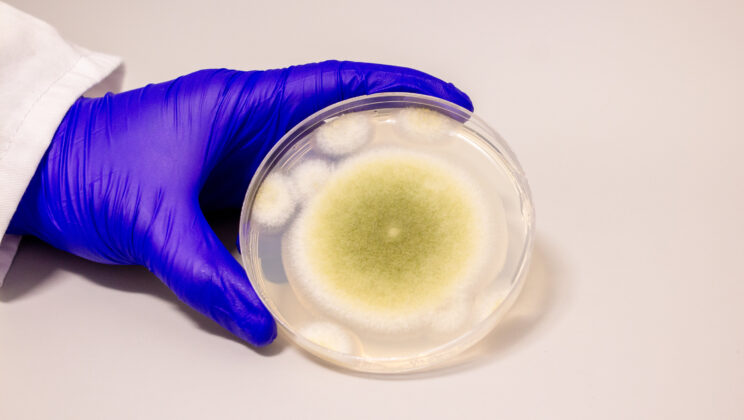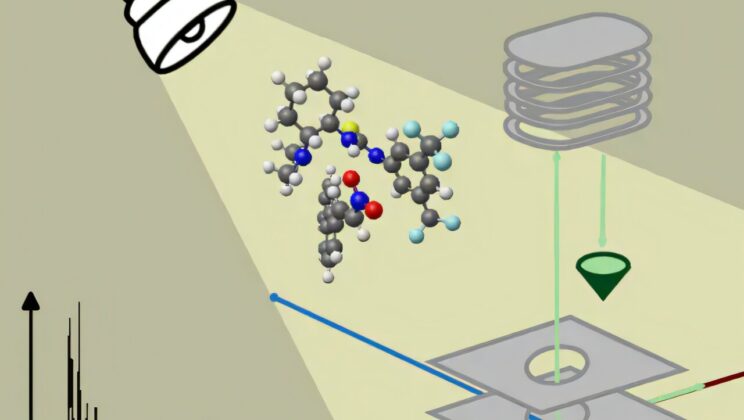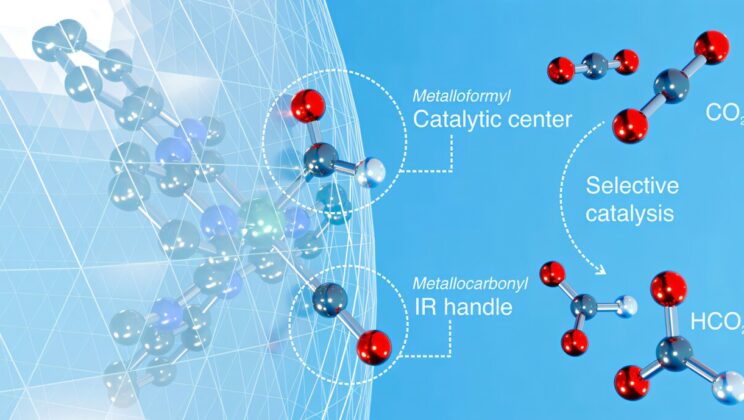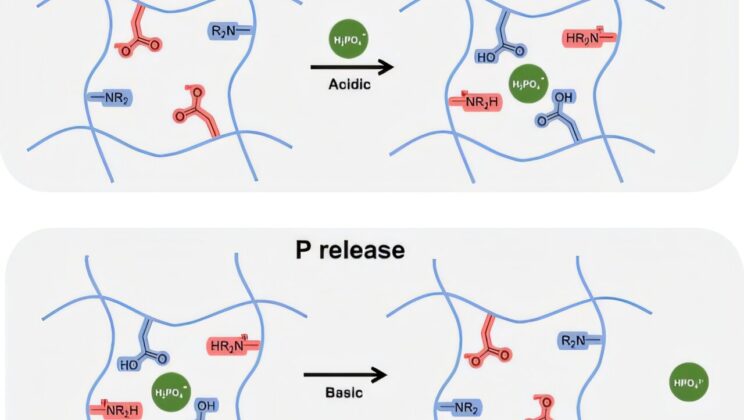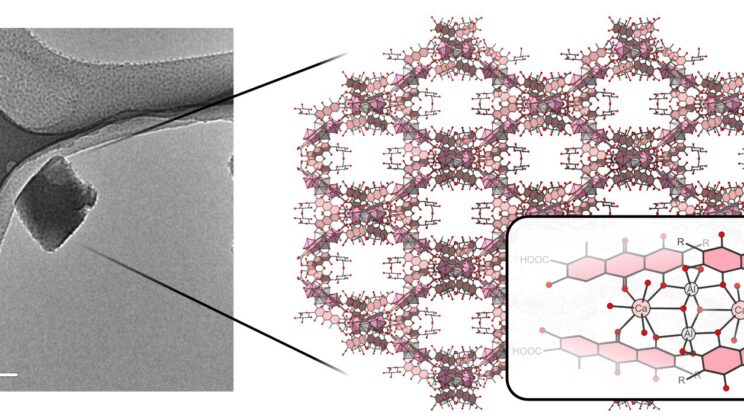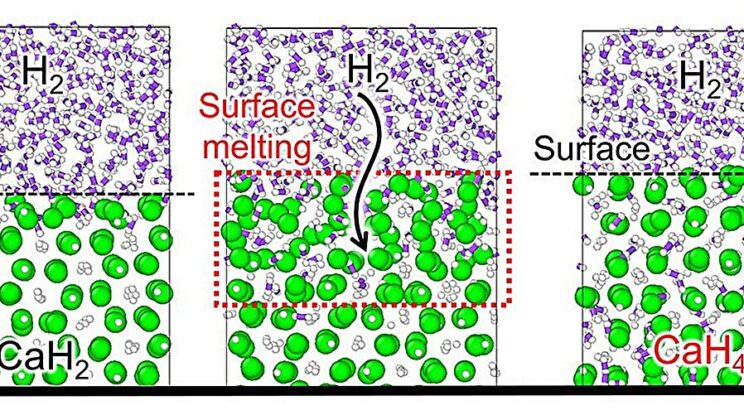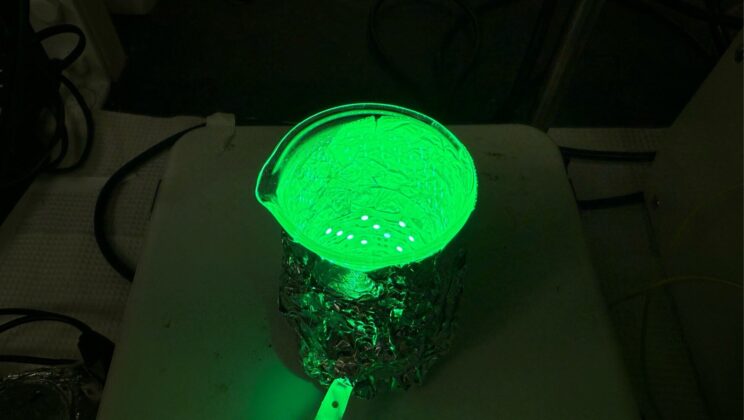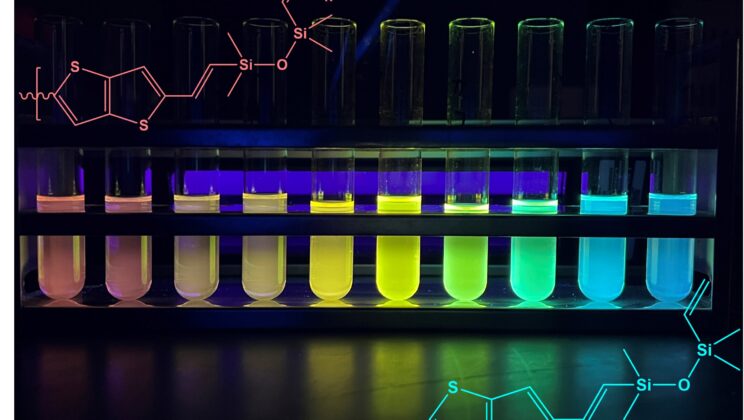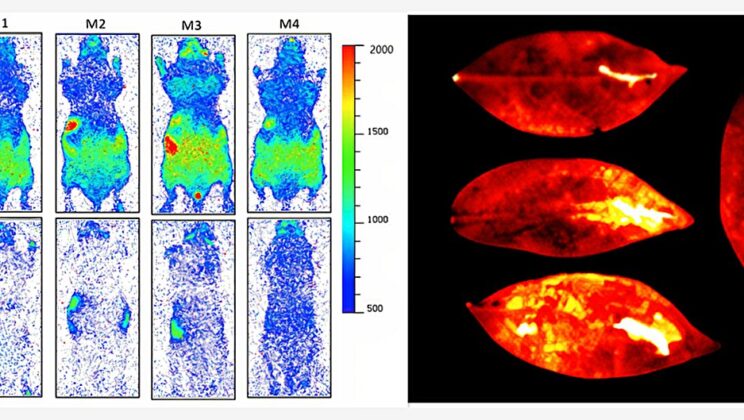In the mysterious moments between silence and shockwave, something extraordinary happens. High explosives, like those stewarded at Lawrence Livermore National…
Category: Chemistry
New Oxidation State Found in Lanthanide After 130 Years of Mystery
It started with a whisper in the world of chemistry—a suspicion dating back to the 1890s that somewhere within the…
Turning Air Into Plastic May Soon Be Possible Thanks to This New Chemistry
Imagine a future where carbon dioxide—the invisible gas warming our planet—could be captured straight from the air and turned into…
Deadly Tomb Fungus Transformed into a Potent Cancer Fighter
It began as a whisper from the past—a deadly fungus hiding in the shadows of ancient tombs, once feared as…
Scientists Create Explosive New Form of Nitrogen That Could Power the Future
In a quiet laboratory in Giessen, Germany, a sliver of chemical history was written—a moment more than 200 years in…
Scientists Turn Wheat and Oat Leftovers into Sustainable Clothing
In a sunlit lab tucked inside Chalmers University of Technology in Sweden, a quiet revolution is underway. Here, far from…
Scientists Capture the Invisible Moment When Molecules Transform
In the invisible theater of molecules, reactions unfold in a chaotic blur, intermediates appearing and vanishing in mere picoseconds. Scientists…
Scientists Harness Light to Turn Carbon Dioxide into Valuable Fuel
In a quiet laboratory on Long Island, a team of chemists may have taken a bold step toward solving one…
New Hydrogel Cleans Polluted Water and Recycles Phosphorus on the Cheap
In a world where agricultural fertilizers are vital and water pollution is ever-growing, scientists have unveiled a quietly revolutionary material—a…
Goodbye to Painful Probing as Ultrasound Device Transforms Dental Checkups
Going to the dentist isn’t most people’s idea of fun. And if you’ve ever experienced that moment when the dentist…
New Polymer Technology Brings Precision and Sustainability to Drug Manufacturing
In the realm of molecular architecture, few puzzles are more fascinating—and frustrating—than that of enantiomers. These elusive pairs of molecules…
Scientists Unlock the Hidden Nanostructure of Carmine Pigment
Across ancient manuscripts, medieval frescoes, baroque oil paintings, and even the pink coating of modern candy, a vivid red pigment…
Machine Learning Cracks the High-Pressure Mystery of Superhydrides
Deep within the pressure chambers of cutting-edge laboratories, scientists have long been chasing a dream: the creation of superhydrides—materials capable…
Life Without Life: Scientists Build Self-Reproducing Synthetic Cells Without Biochemistry
Life on Earth has always been the great alchemist of the cosmos—capable of transforming simple molecules into conscious beings. From…
Scientists Discover Silicone That Can Conduct Electricity and Glow in Color
In the sleek corridors of the University of Michigan’s materials science labs, something quietly revolutionary has emerged—a material long assumed…
Perfume and Lotion Are Quietly Changing the Air You Breathe Indoors
Step into your home, office, or favorite café, and you’re surrounded by more than walls, windows, and furnishings. You’re swimming…
AI Breaks Quantum Barriers with El Agente Q Revolution in Chemistry
In the fast-evolving world of artificial intelligence, we often hear about language models writing poems, summarizing news, or even coding…
Scientists Discover a New Phase of Matter That Switches in Quadrillionths of a Second
In the quiet halls of the Institute of Organic Chemistry and Biochemistry of the Czech Academy of Sciences (IOCB Prague),…
The Secret Glow of Life: How Living Beings Emit Invisible Light
“The light of someone’s life” is often a poetic metaphor. But what if that light is literal? According to groundbreaking…
Quantum Leap in Chemistry as Molecules Reveal Their Dance with Light
In the heart of the University of Sydney’s Nanoscience Hub, something extraordinary has happened—an innovation that could forever change how…
Scientists Design Enzymes from Scratch That Could Revolutionize Chemistry
In an extraordinary collaboration, researchers from UC Santa Barbara, the University of California San Francisco (UCSF), and the University of…
The Chemistry Behind Baking a Cake
Baking a cake might seem like a simple culinary endeavor: mix ingredients, pop it in the oven, and voilà, a…



